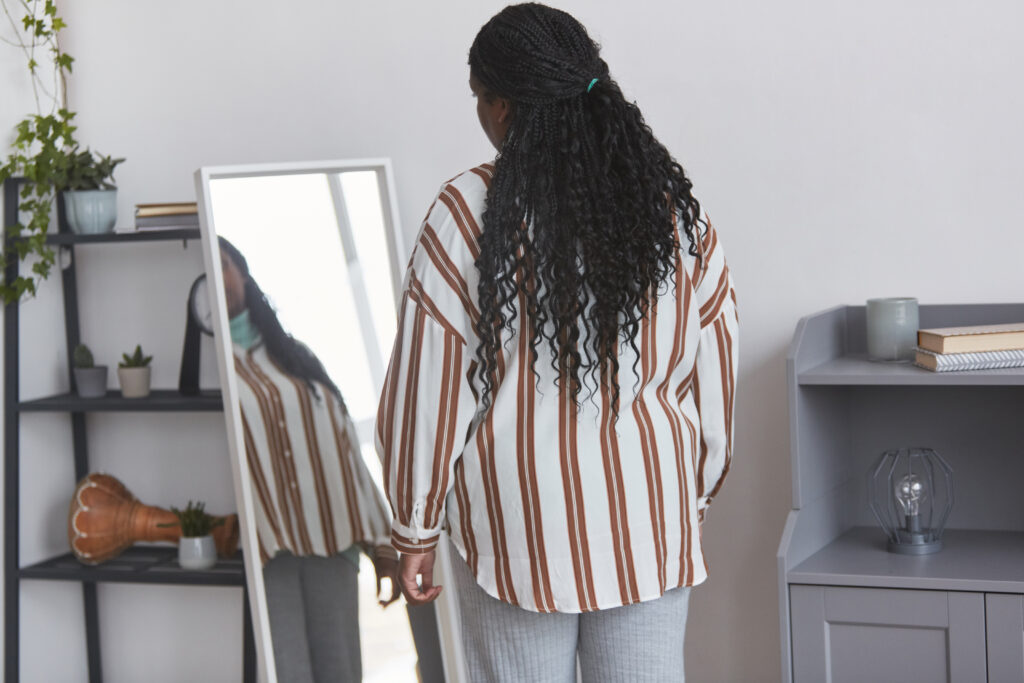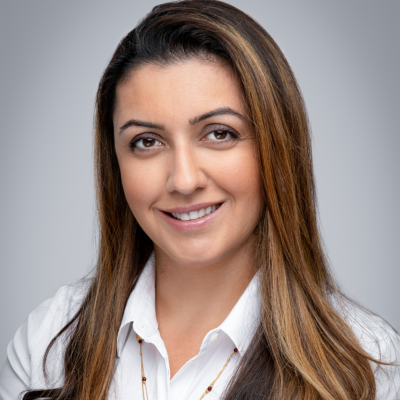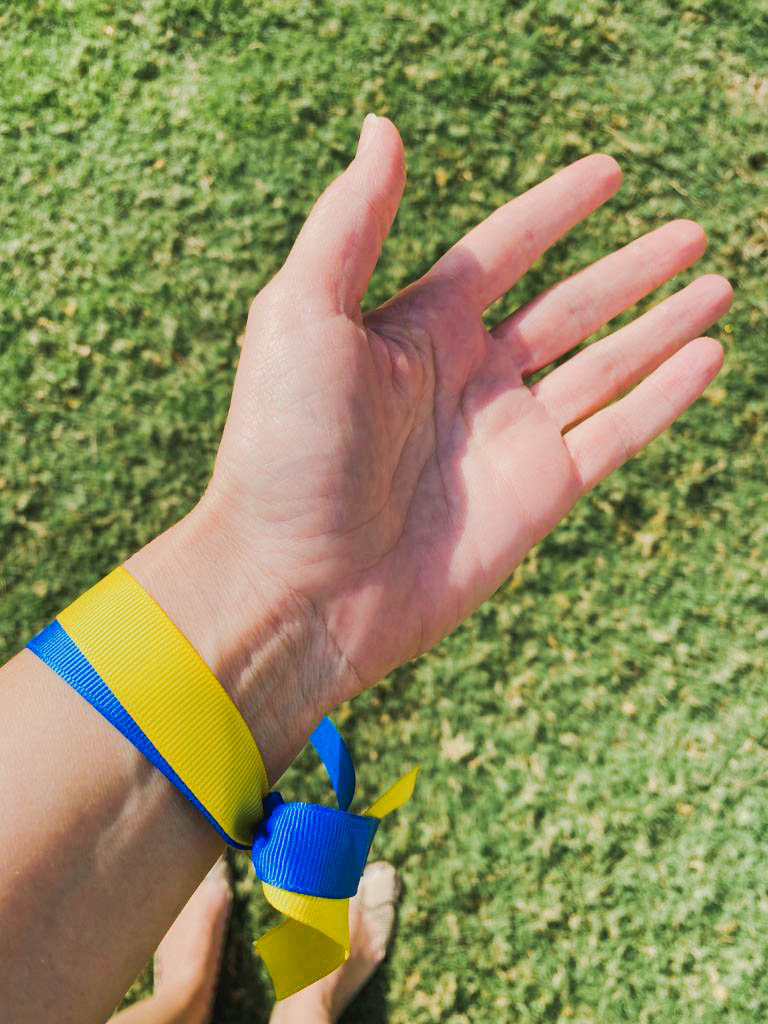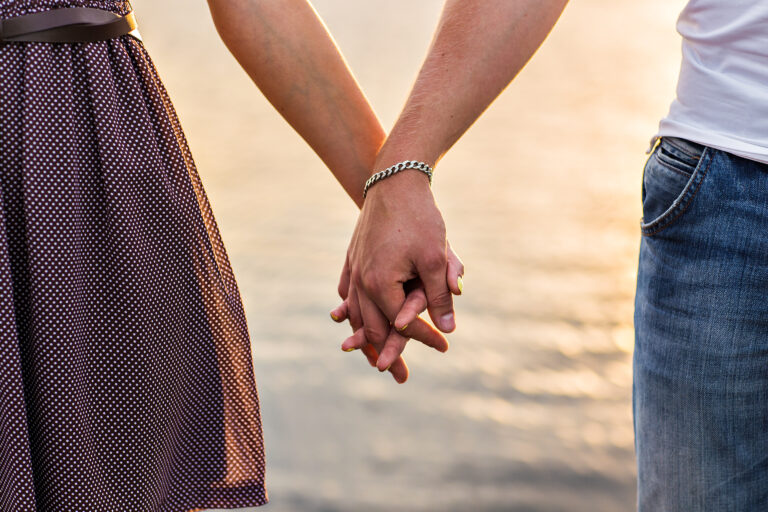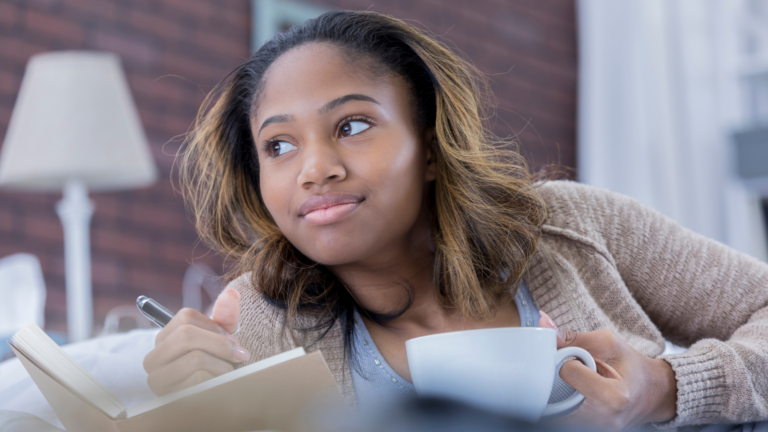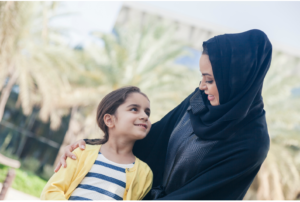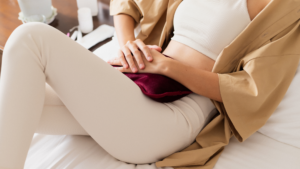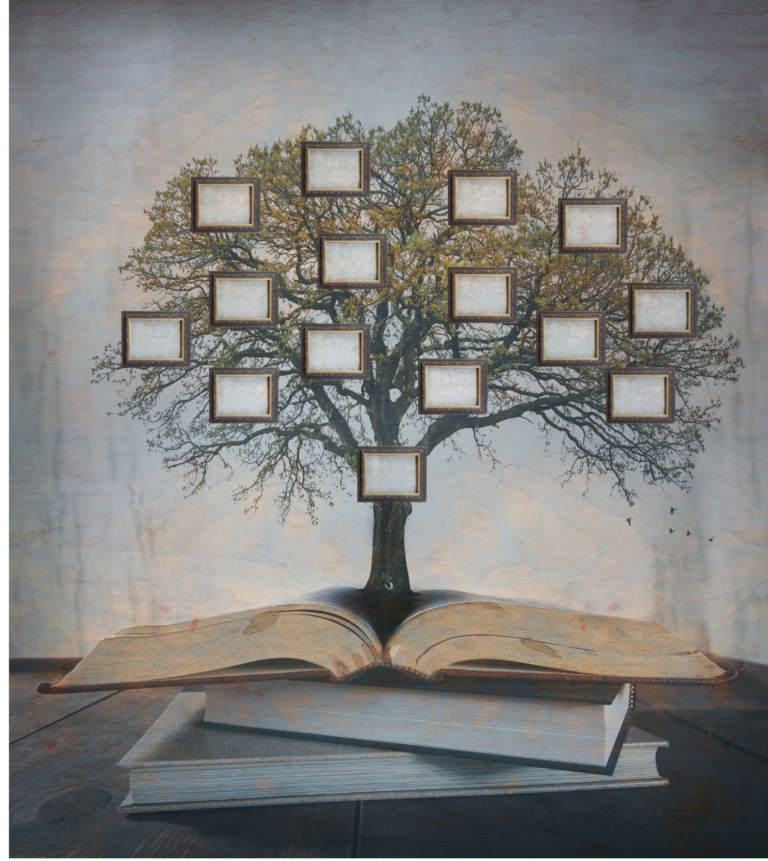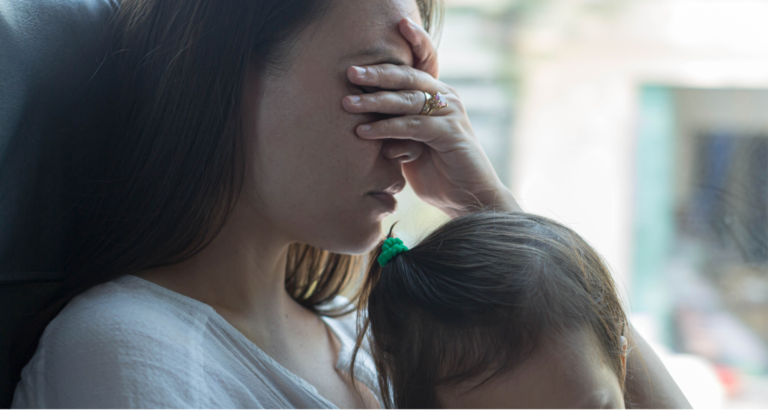Not a day goes by without a mention of women’s bodies; how fat or thin someone feels, or is or should be. I hear it from clients “If only I could lose weight and be happier,” “I used to be fat and so unhappy,” “I used to be bullied because I was overweight.”
Just today, I walked into my mani-pedi place and heard “Oh, you look awesome. Have you lost weight?”
Women compare their bodies to each other and to their past and future selves, as if it’s a commodity. For example, “She looks amazing, I wish I could have her waist,” or “I was so ripped before I got pregnant, oh I miss my body,” or “Once I lose 5 kgs, I can fit into my special outfit.”
Of course, this is not just among girls, but men suffer from fat phobia and body shame too. But that’s a separate blog post.
Then comes the unsolicited advisors, self proclaimed nutrition experts and fad diet advocates, who swear that once you do what their uncle’s ex-wife’s daughter did, you will see results. “Trust me” they say, “once and for all you can be happy and confident.” Then there is the worried critic “I’m just worried about your health and I love you, that’s why I’m commenting on how fat you are because I want you to be better.”
Body shame is physiological
How does body shame feel? It feels as though you want to sink into the couch and disappear and not be seen. Body shame hits you when you get a visceral nervous response whenever anyone talks about eating and weight. It’s when you feel bad about yourself and sick to your stomach when you see ads of models in magazines, thinking “Why is it so hard for me and not for them.” It’s when you verbally attack your partner if they make a comment about eating habits. Body shame is present when you feel anxious about social events, feel ugly and embarrassed because of how you look. It’s not wanting to go to a gym or a pool because you can’t even look at yourself in the mirror.
Body shame affects everyone, all the time
Everyone knows someone, a daughter, a mother, a sister, a cousin who has had at least one of these experiences, yet we continue to perpetuate these feelings by continuing the conversation about what beauty is or should be. Saying “thin equals beautiful” or saying “fat equals ugly,” “or not too thin and not too fat, just the right size.” When we don’t address bullying on social media, when we don’t hold the media accountable for terrorizing women’s self-worth with images that suggest we are not good enough, when mannequins in stores look so unreal and unrelatable, we perpetuate a culture of body shame. And it begins when we’re really young. My daughter owns a few barbie dolls, but have you ever noticed how the proportions such as waist to hip ratio make no sense. So I make sure to remind her this is not real. This is not what real people look like. It’s not enough to prevent body shame, but it’s a start.
Break the cycle
So how can we do better? Start at home! When my daughter was younger, she used to tap my belly with joy and laughter and say “Big belly mommy!!!” My teenage self would be embarrassed and would hope no one heard that. Instead of saying “yes honey you’re right, I need to lose weight,” I started saying with a warm loving tone “Don’t forget, it’s big AND beautiful!” She’d smile back and look at me as if I told her the truth. She knows no different. To her I’m beautiful.
It’s not because I have never felt any body shame. Of course I have felt body shame in my lifetime. More than I like to admit. But I want to break the cycle for my children. The kinder and gentler and more compassionate I am with the way I speak about my own body, the better they will learn to appreciate their own unique bodies. When my daughter takes a picture of me, with a look I wouldn’t feel proud of, I just say “Oh, what a nice picture you took of me.” I stopped self deprecating and I stopped criticizing myself.
My daughter watches everything. The way I speak. The way I treat myself. She mirrors me. She feels how I feel in my body. Humans are just neurologically wired that way.
Where can you start?
It has taken us generations and hundreds of years to get to where we are as women in society, believing our bodies are up for people’s likes and comments. But we can do better.
Sonya Renee Taylor, the author of The Body Is Not An Apology, calls for a movement of “radical self-love.”
I want to change the world by convincing you to love every facet of yourself, radically and unapologetically, even the parts you don’t like.
Sonya Renne Taylor
Taylor posits that in order to destroy the system of body shaming, you must examine with curiosity and compassion, the socio-cultural-political messages you have received and how those messages impacted your relationship with your body and the bodies of others e.g., fat bodies, bodies of other races, aging bodies and so on.
Historically, women of the BIPOC (black, indigenous, and people of color) community have been most affected by body shame. This is also true for other minorities such as people with disabilities and LGBTQ. There are various complex reasons for this but one of those reasons is that the issue of color, skin tone, or being of minority status is an added layer and issue women need to deal with. I will write more about this subject in our next blog post.
We have to stop
So when I say we have to stop I mean we really have to stop. The first thing we can stop doing is commenting on each others’ bodies. For example, instead of saying to yourself and others “You’d be so much happier when you lose weight,” say “You are beautiful. What gives you real joy? Do that!” We have to not only befriend ourselves but also love our bodies. Instead of making weight loss your mission, make self-love your mission and see what you are capable of doing when you practice self-love instead of self-criticism. Here are some practical steps:
- Read more about body positivity and self-love
- Practice new skills such as positive self-talk and meditation related to your body
- Nourish your body with delicious and good food
- Move your body to dance even if alone
- Talk about yourself and your body with kindness
Keep practicing and we will create a better world for our sisters and daughters.
Dr. Ava Ghasemi (Holdich) is a licensed Psychologist with 11 years experience in the U.S., Canada and the Middle East. She has a practice of individual and couples therapy at the MapleTree Center in Dubai.

